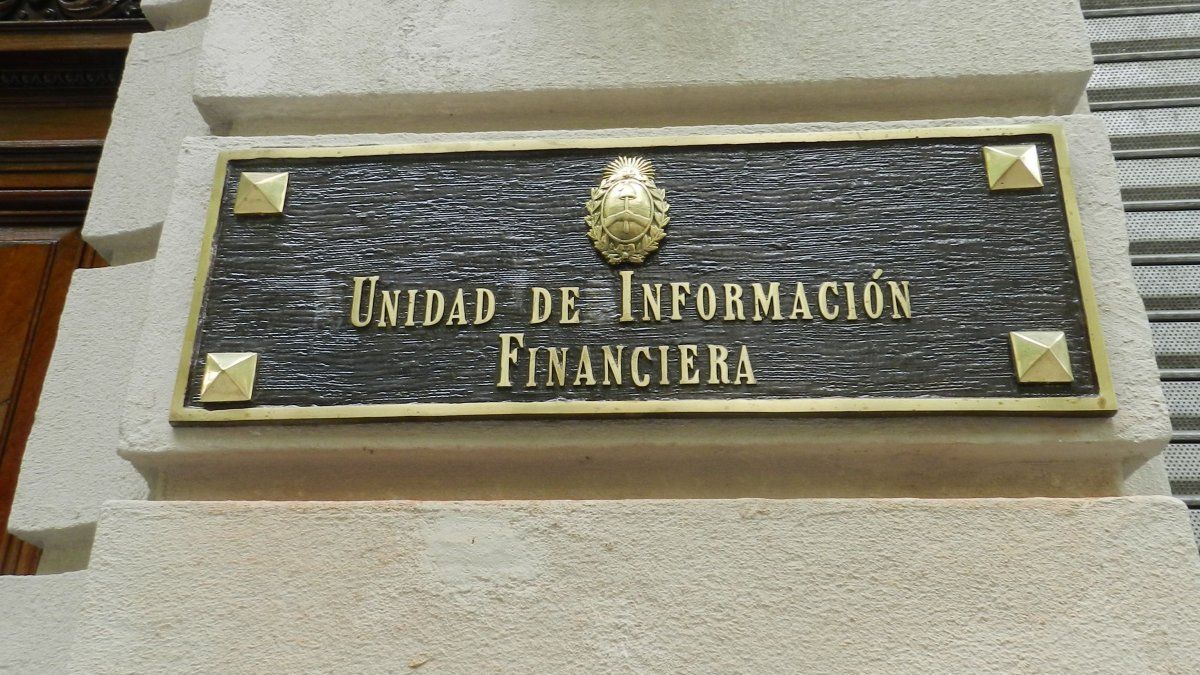The Financial Information Unit (UIF) partially modified the definitions of administrative freezing of assets and moneywith the purpose of adjusting them to international standards within the framework of the FATF visit to the country (Financial Action Task Force).
One by one: what are the changes established by the FIU
It did so through Decree 278/2024 published in the Official Gazette, where “it seeks fstrengthen the regulatory framework and institutional framework regarding compliance with international standards on the matter and the resolutions of the SECURITY COUNCIL of the UNITED NATIONS (UN) related to that”.
Secondly, it is extended to alls obligated subjects before the FIU the obligation to carry out without delay the freezing of assets or other assets involved in operations when a Suspicious Terrorist Financing Operation.
Thirdly, the period within which the judicial authorization can be made effective is shortened to authorize, at the request of a party, the performance of operations in which it is proven that the goods or other assets affected were necessary to cover extraordinary expenses or basic expenses of assets that have been administratively frozenfor the purposes of adjusting it to Resolution 1452 (2002) of the UNITED NATIONS SECURITY COUNCIL.
That, finally, it is added that the FINANCIAL INFORMATION UNIT (UIF), through the Egmont Group, may require the cooperation of third countries to dictate the administrative freeze of property or other assets of human persons, legal entities or entities under Resolution 1373 (2001) of the UNITED NATIONS SECURITY COUNCIL and that the request will describe in detail all the data of the person or entity identified in the orderas well as the reasons that sufficiently justify the application of the measure.
Money laundering: a model to follow for Obligated Subjects is proposed
According to Resolution 54/2024, the Obligated Subjects of the cultural assets They must be able to ensure that the measures aimed at preventing or mitigating money laundering, terrorist financing correspond to the identified risks, allowing for decision-making how to allocate your own resources efficiently.
This regulation proposes a customer segmentationbased on the risk assigned to each of themdistinguishing in turn, between the due diligence measures to be applied according to the qualification they receive.
based on the identification of assumptions considered high risk, it is considered advisable that the Obligated Subjects carry out Reinforced Due Diligence in such cases, incorporating risk indicators for such an approach or, where appropriate, to make a Suspicious Operation Report.
This will also apply to Designated Non-Financial Activities and Professions (accountants, notaries and lawyers).
Source: Ambito




